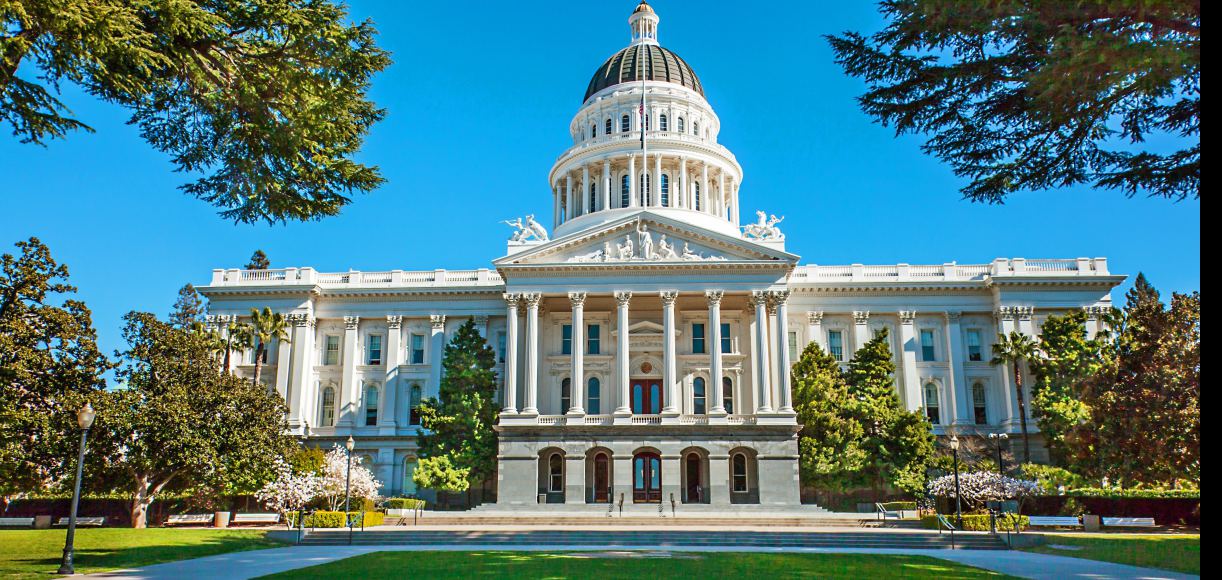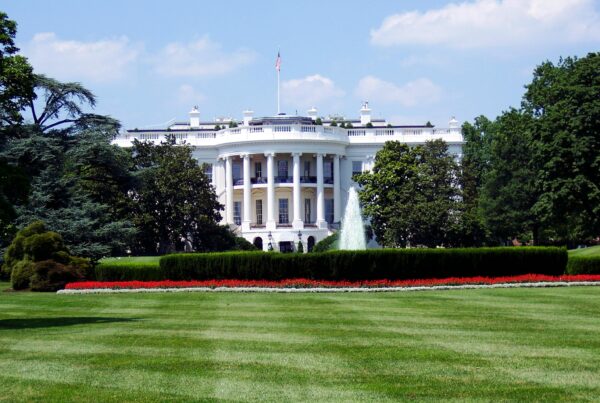A dead bill that would have made child sex trafficking a three-strike felony was revived and approved by the Assembly Public Safety Committee July 13.
Child sex trafficking is already a felony. It comes with a sentence of five-to-12 years in prison, and a maximum sentence of 15 years to life and a fine of more than $1.5 million, if the offense includes force, fear, fraud, violence or threats. Convicts also are required to register as a sex offender.
The crime is not, however, on California’s list of “serious felonies,” which includes murder, rape and lewd acts with a child. Those serious felonies count as strikes in California’s 1994 Three Strikes law. If a person is convicted three times of those serious felonies, they are automatically sentenced to a minimum of 25 years to life.
Senate Bill 14, by Sen. Shannon Grove (R-Bakersfield), wants to include child sex trafficking on that list.
SB 14 passed the Senate with a unanimous vote May 25.
“Human trafficking is exploding in cities across our country. The horrendous practice could very well be easily defined as the crime of our time, and sadly California is a hub for human trafficking,” Grove told the Public Safety Committee at their July 11 hearing.
The committee voted the bill down that day, with two aye votes and six votes not recorded.
Assemblymembers Tom Lackey (R-Palmdale), a former California Highway Patrol sergeant, and Juan Alanis (R-Modesto), a former sheriff’s sergeant, were the only aye votes.
Assemblymember Majority Leader Isaac Bryan (D-Los Angeles), and Assemblymember Mia Bonta (D-Alameda), wife of California Attorney General Rob Bonta, did not vote.
During the hearing, Bryan said that despite engaging in conversations with Grove, he found that Grove’s “righteous intentions” did not come with a solution.
“All evidence has shown that longer sentences don’t actually stop things from happening. All they do is increase our investment in systems of harm and subjugation at the expense of the investments that the communities needed to not have this problem to begin with. The same communities that have the highest rates of human trafficking are the same communities that have the highest unemployment rates, highest rent burdens, lowest rate of small burdens owned,” Bryan said.
“The Assembly Public Safety Committee just killed another bill that would have increased protections for our children by holding human traffickers accountable. This is outrageous! Decency and values are in serious trouble here,” Lackey tweeted after the decision.
Two days later though, on July 13, the remaining members of the Public Safety Committee switched their vote to ayes, leaving Mia Bonta and Bryan the only two people who did not vote on the subject.
“On Tuesday, I made a bad decision. Voting against legislation targeting really bad people who traffic children was wrong,” Assemblymember Liz Ortega (D-San Leandro) tweeted July 13.
Assemblymember Reggie Jones-Sawyer (D-Los Angeles) indicated he still had issues with the bill despite voting to pass it.
“Human trafficking is a serious crime. But SB14 needs to be fixed. It could charge trafficking victims and children with a felony,” Jones-Sawyer tweeted July 13.
Mia Bonta and Bryan did not release a public statement on the bill, but they each posted a Los Angeles Times column that said public debate over the bill was based on a false question of supporting pedophiles or protecting kids.








